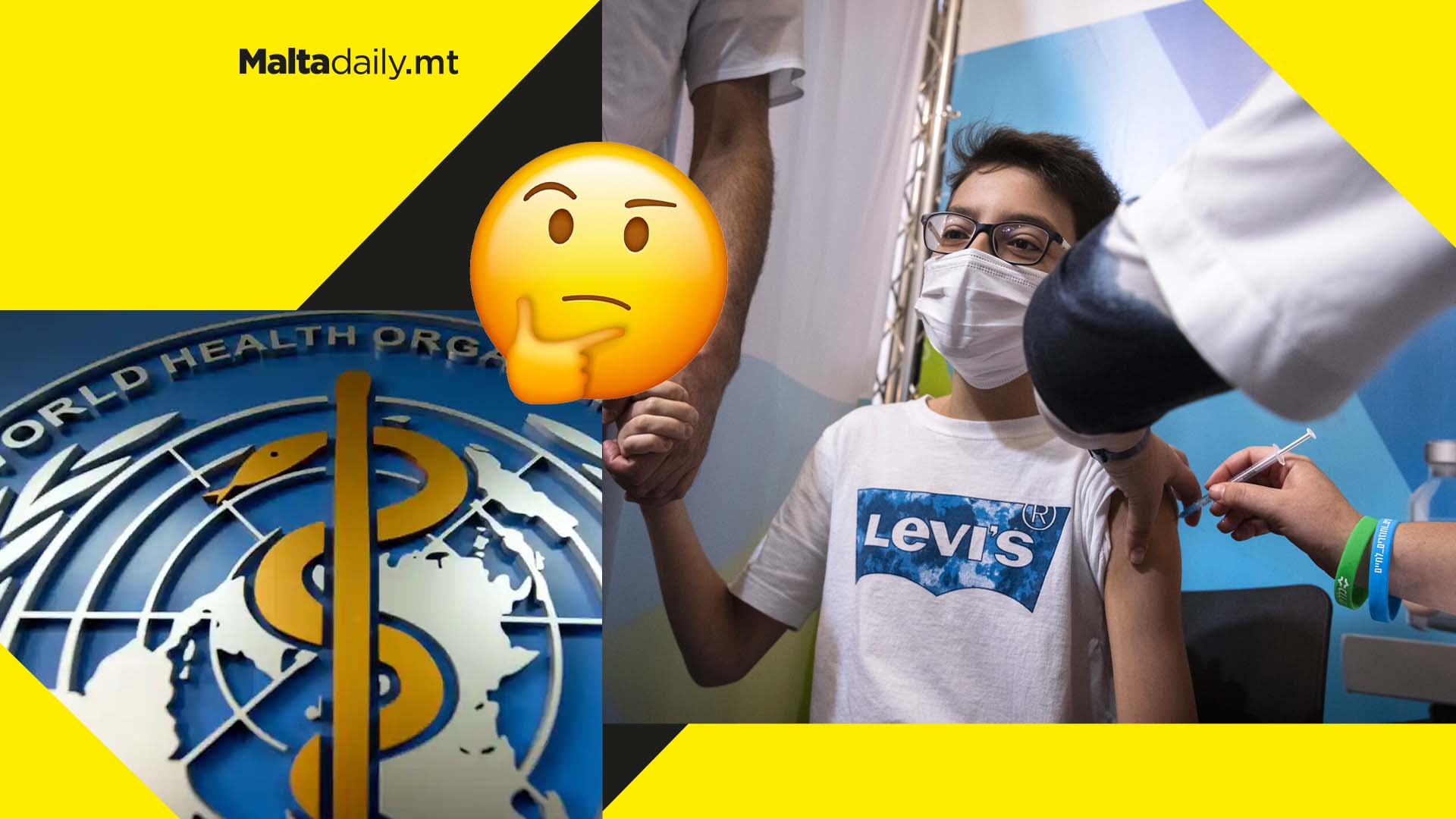Why are the CDC and WHO disagreeing on COVID-19 boosters for kids?

Despite the World Health Organisation (WHO) stating on Tuesday January 18th during a media briefing that there is no evidence right now that healthy children need a COVID-19 booster, the CDC seems to disagree.
The WHO statement, which was issued by WHO Chief Scientist Dr Soumya Swaminathan, comes just 2 weeks after the Centres for Disease Control and Prevention (CDC) authorised booster doses for adolescents aged 12 to 15.This comes amid a surge in paediatric cases due to the Omicron variant wave. CDC data shows that this increase has been particularly high in children under the age of 5 who are not yet eligible for a COVID vaccine.
With countries like Israel and Germany recommending COVID-19 boosters for kids aged 12 and 17, it was revealed that two doses of an mRNA vaccine protect kids against severe illness which would land them in hospital or, worse off, ITUs.
A recent CDC study found that two doses of the Pfizer BioNTech vaccine was 91% effective at preventing multi system inflammatory syndrome in children (MIS-C), which is a serious condition which can occur in children who get infected with COVID.
Some paediatricians are saying that, despite if caught early in kids, they can recover, putting them through the illness is nonsensical given vaccines can prevent such cases.
Doctors and experts are strongly recommending boosters for kids who have health conditions such as diabetes, asthma and chronic lung disease. Boosters can also protect other kids or family members from infection.
During the WHO briefing, Swaminathan said that the aim with boosters is to protect the most vulnerable, which include the elderly, immunocompromised and even healthcare workers.
With around 60% of the world’s population having received at least one dose of the vaccine, but many have not yet been administered the first series of jabs. All experts are recommending parents hesitant about vaccination to speak to trusted paediatricians to move forward with the decision.
#MaltaDaily
Photo Source: Times of Israel


